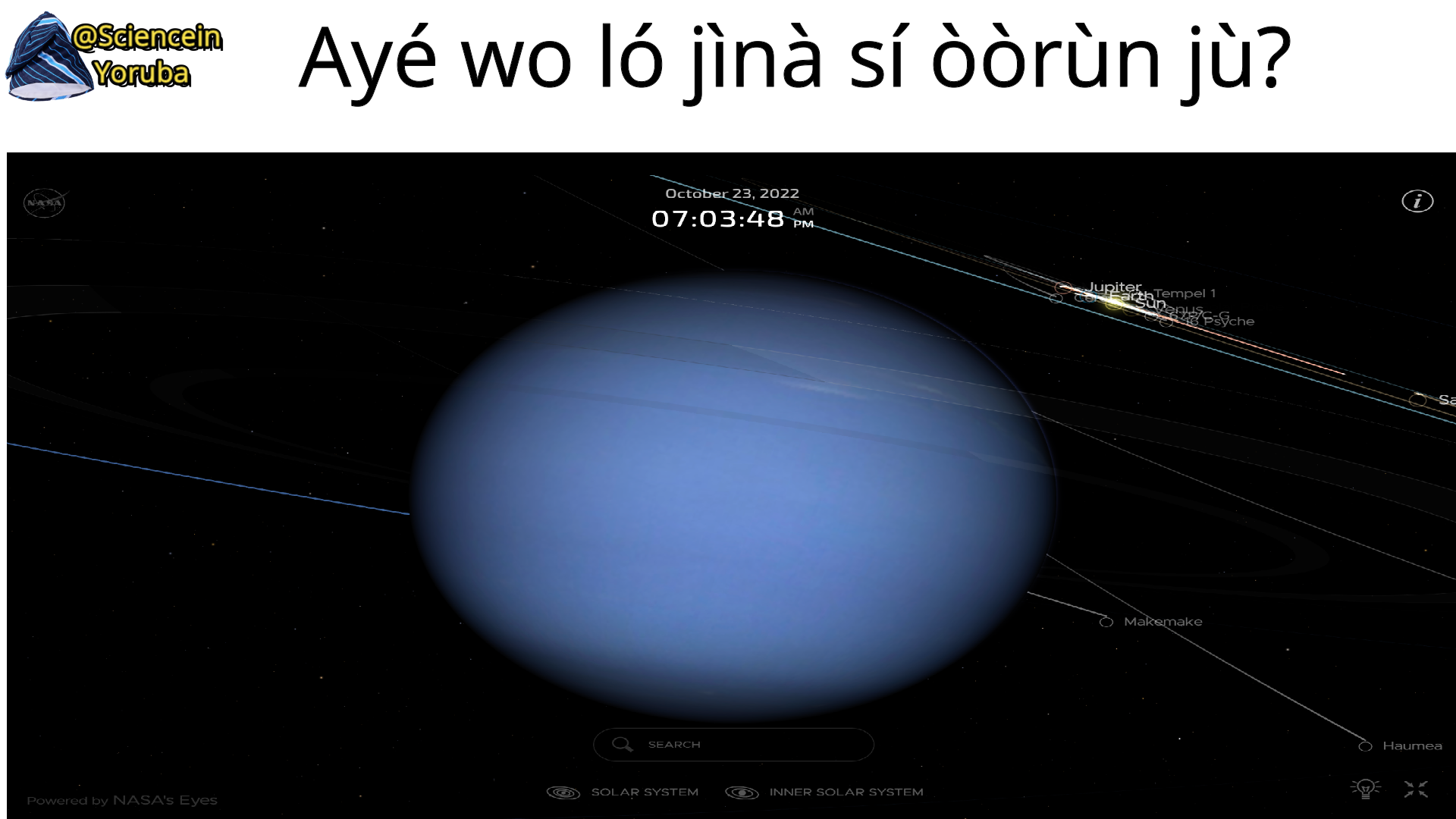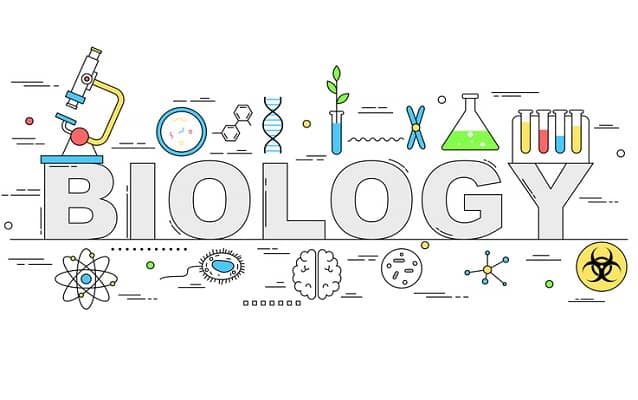Who we are
The Science in Yoruba project, established in 2017 by Taofeeq Adebayo through a funding from the Andrew Mellon Graduate Fellowship in Community-Engaged Scholarship at Tulane University, seeks to provide access to STEM (Science, Technology, Engineering, and Mathematics) knowledge for the Yoruba public and students. Taofeeq Adebayo who founded and directs the project collaborates with other Yoruba youths specializing in Linguistics, Philosophy, Yoruba, Physics, Chemistry, and Microbiology.
What Science in Yoruba is trying to do
There are three main things that the project is trying to do, and we know that doing these things will take the commitment of a lifetime. But the good news is we are ready for it! Here are the three goals:
Goal 1. Facilitate a Yoruba culture where Yoruba people discuss science in Yoruba and knowledge of science is accessible not only to Yoruba people who have Western education but also to those who do not have this kind of education, by doing the following:
i. create media contents like videos, pictures, etc. and make them available online
ii. ask for people’s inputs on terminologies so as to initiate conversations that can generate useful discussions of science in Yoruba language and improve translation quality.
iii. manage an online Yoruba archive of general STEM knowledge.
Goal 2. Translate all science textbooks used at secondary schools in Nigeria to Yoruba. Here is the method we are adopting:
i. find Yoruba equivalents for scientific terms; if this is not possible, then
ii. find existing Yoruba words whose denotation can be conveniently extended to accommodate new scientific denotations; if this is not possible, then
iii. borrow the scientific terms using linguistically proven adaptation strategies: calques, loanwords, etc.
iv. follow this procedure exactly in this order
Goal 3. Teach this translation to students at schools with the aim of improving their understanding using the following procedure:
i. Use the Translaguaging pedagogy where both English and Yoruba play an important role
ii. explain concepts in Yoruba and keep the concepts as they are in English since the students are going to be tested in English;
iii. do not give notes in Yoruba to avoid confusion
iv. explain only those concepts that have been explained in English
v. the most important thing is that students understand what scientific concepts mean in Yoruba and can think about them creatively in the language
vi. as a result, Yoruba instructions must be complementary at all time
vii. Perform scientific demonstrations to students and encourage reflexive thinking on scientific concepts among the students.
viii. Train high school science teachers on how to incorporate mother-tongue instruction to facilitate learning in their classrooms.
Current Project
1. Online archive of general STEM Knowledge: we are currently publishing different Yoruba explainer articles on all aspect of STEM. Browse this website, for this
2. Social media campaign: we are currently creating videos and pictures which are made available on Facebook, YouTube Instagram, and Twitter.
Recent projects
1. Training of teachers in Ibadan on how to use demonstration materials in their classrooms (February 2020)
2. Translation of Basic Science 1 for JSS1 students sponsored by the Mellon Graduate Fellowship in Community-Engaged Scholarship, Tulane University (2017-2019)
Current membership
Founder/ Director
Taofeeq Adebayo
Assistant Professor of Linguistics, California State University, San Bernardino
Current Collaborators
Raji Lateef, Lecturer, Department of General Studies (Yoruba Unit), Lagos State University of Science and Technology
Bode Ọjẹ, Broadcasting Corporation of Oyo State (BCOS), Ibadan
Eriifeoluwa Mofoluwawo, MSc, Chemistry, University of Ibadan
Jegede Samuel, M.Sc., Microbiology, University of Ibadan
Awelewa Samuel Ayodele, Ph.D. student in Physics, Kent State University
Olugbenga Olabiyi, Ph.D. student in Physics, University of Utah
Lateef Adeleke, PhD student in Linguistics, University of Rochester
Alabi Sheriff
Afuye Olubayode
Tawkalitu Badmus
Babatunde Popoola
Adéníran AbdBasit Adéyẹmí


